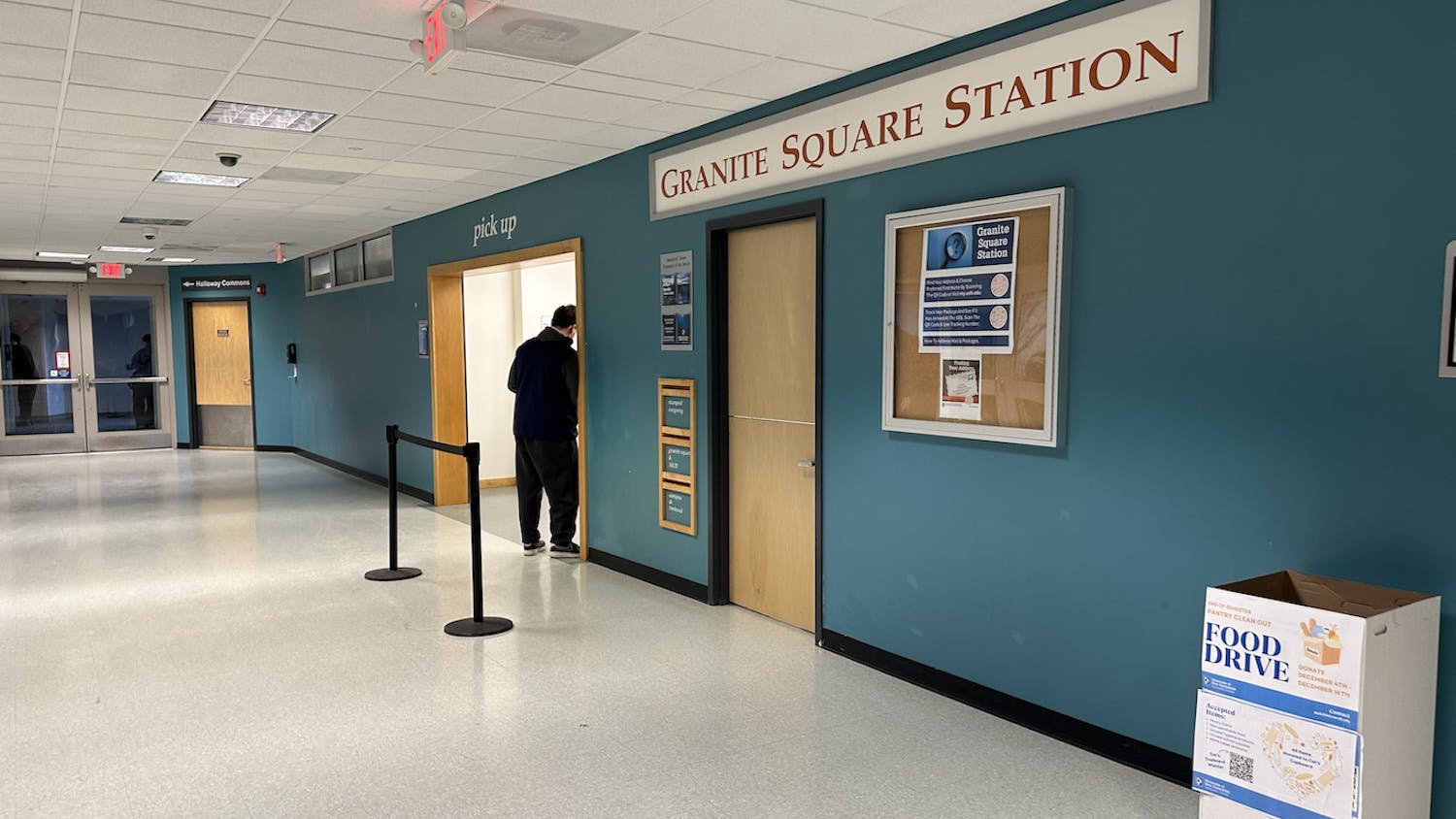History is always relevant, even though it may not seem so. It’s true that studying history can be a boring subject for many people. But, as the saying goes, ‘Those who do not learn history are doomed to repeat it.’ Even international history is relevant and important to current and future generations.
Patriotism is the emotion expressed in the Proclaimers’ song “Cap in Hand,” and is one that most Americans, young and old, can sympathize with. I’m not talking about the ignorant, other-nation-hating type of patriotism that is sometimes associated with Americans, but the true sense of the word, which involves a love of country and a pride in national culture, in general if not every part.
According to the first president of the fifth Republic of France, Charles de Gaulle, “Patriotism is when love of your own people comes first; nationalism, when hate for people other than your own comes first.”
I hope that we can all sympathize with patriots of other nations due to our own personal patriotism. This song was released on the album “Sunshine on Leith” in 1988. The two twin Scottish brothers, born in Leith, are famous rock performers with heavy accents, probably best known for their hits “Gonna Be” and “I’m On My Way.” This song has a disbelieving, patriotic tone with which anyone who values freedom and the original concepts on which we built America should sympathize.
The main line of this song is half a statement of disbelief, and half a question of anger: “I can’t understand why you’d let someone else rule our land, cap in hand.”
The meaning of the idiom ‘cap in hand’ stems from the custom of a polite gesture showing greeting, respect, and/or humility from the 1800s. In the first verse, the narrator discusses the difficult tasks that he can complete leading into the chorus to show that understanding the lack of motivation to be free of English rule in Scotland is so extremely difficult that it’s impossible.
For example, he sings, “I can say ‘Saskatchewan’ without starting to stutter,” which is difficult to say at all, let alone in a Scottish accent where the sounds are generally less distinctly pronounced. Another thing that he can understand is “why Stranraer lie so lowly,” which could be a reference to the geographic sea-level position of the port town, but is more likely related to their football (what we call soccer) scores against “Hibs” – the Hibernian Football Club, a professional Scottish team from Leith, the home town of the Proclaimers.
Therefore, it makes sense that the Proclaimers would be insulting the Stranraer team by suggesting they “could save a lot of points by signing Hibs’ goalie.” The history and patriotism of the song refers to English rule of Scotland and the lack of battles (that I can find any record of, at least) attempting to free the nation between the years of 1746 and 1988 (when the song was written), a period of more than 200 years.
The music in this song has a steady pace and an average tempo. The Proclaimers use a mix of generic band instruments, like electric guitars and traditional folk instruments such as pennywhistles, fiddles, mandolins and more. The sound in the music of this song is vaguely reminiscent of a steady drum beat of war, which may or may not have been intentional.
So whether you’re looking for something inspiration, motivational, patriotic, or just a song with a good beat and fun lyrics, this is a great tune to add to your playlist.
Gabrielle Lamontagne is a junior majoring in French and business administration.













